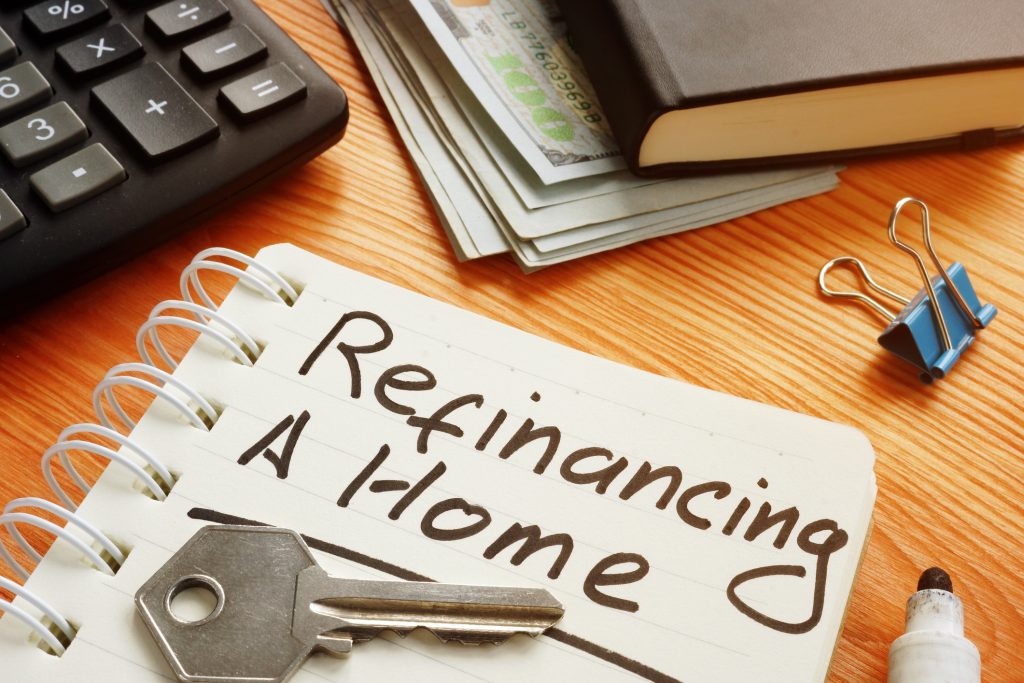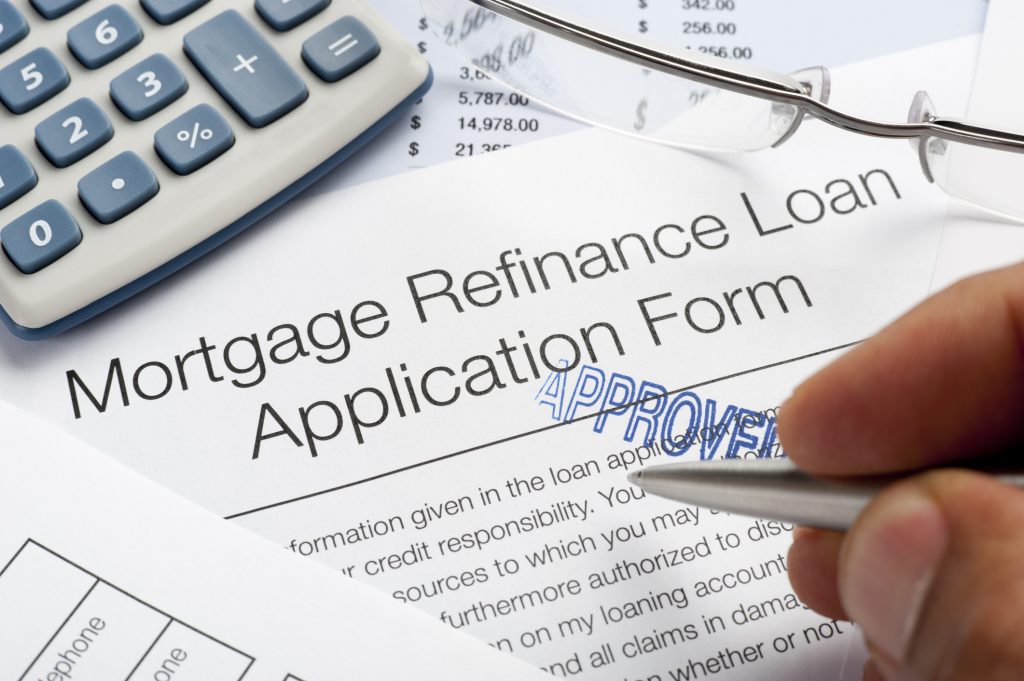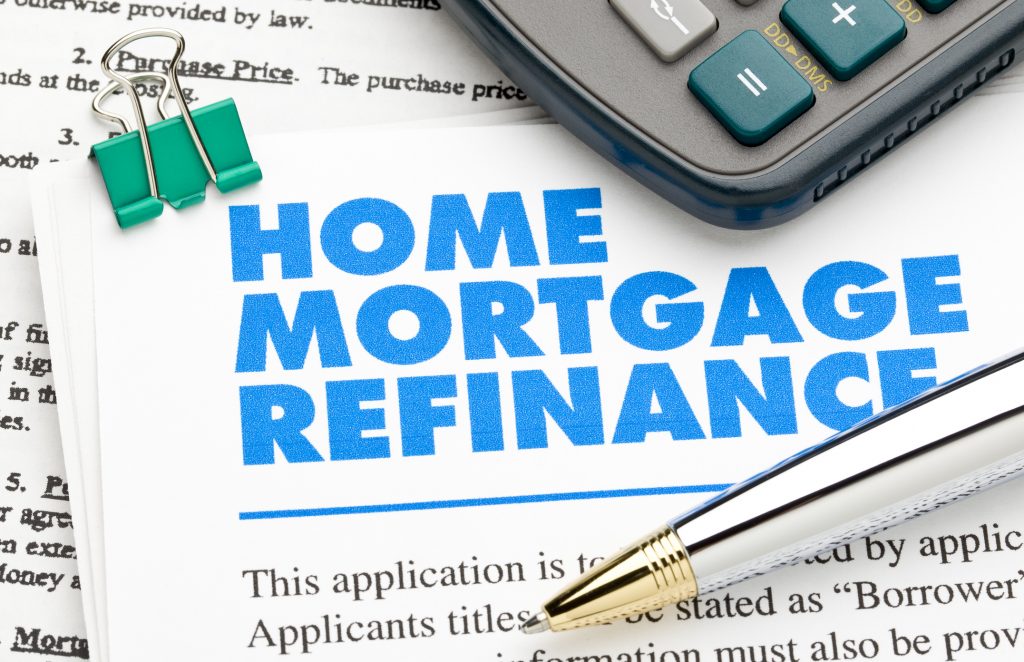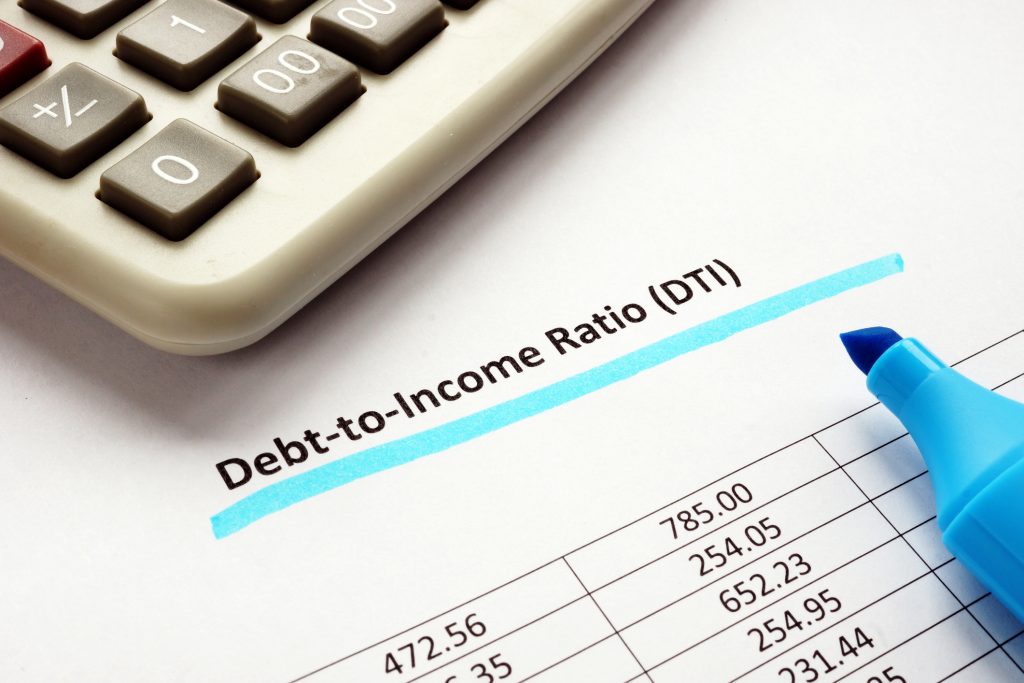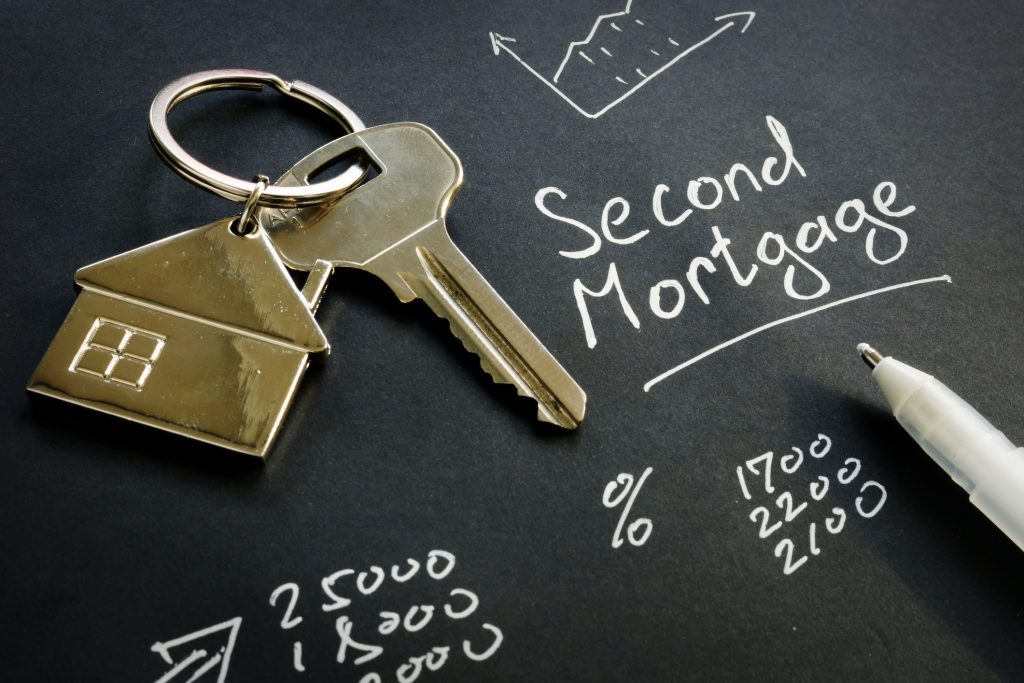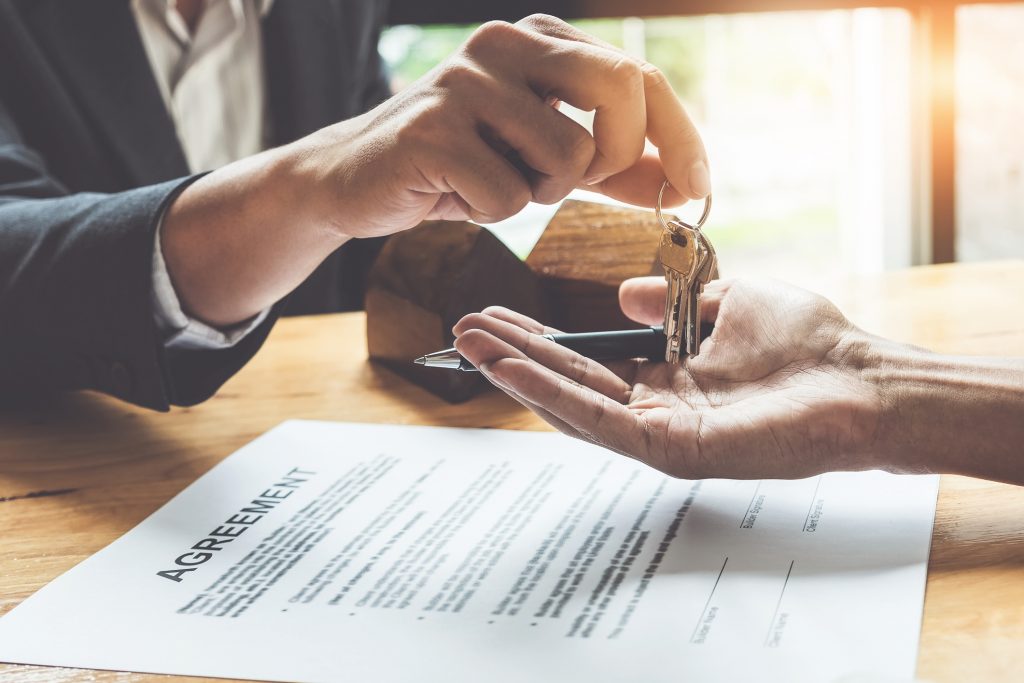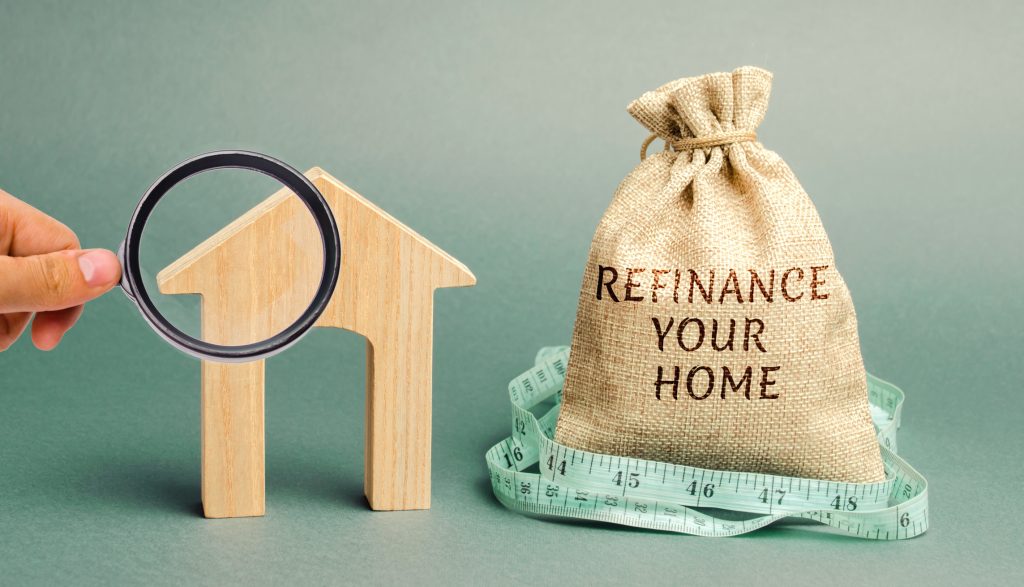
Buying a home is an exciting new stage in life. Having your own place to shape into your perfect living space is a truly rewarding experience; however, that process can take time and additional funds.
To pay for home improvements and remodeling costs, homeowners often draw on the equity they build up as they pay off their home loan. Common options include a cash-out refinance or a home equity line of credit (HELOC). Figuring out which is best for you is the key to getting the most out of your home’s value.
The Difference Between a Cash-Out Refinance and HELOC
As mentioned, both cash-out refinances and HELOCs utilize your home’s positive equity, but how they access that equity differs. Here’s a closer look at both options:
- Cash-Out Refinance – If you have sufficient equity, you can opt to refinance your loan, which pays off your current mortgage and establishes new terms. Such terms may include a lower rate and term of your loan, such as a 15 or 20 year loan to replace your existing 30 year loan. In addition to equity, you will need a satisfactory credit score and debt-to-income ratio to qualify.
- Home Equity Line of Credit (HELOC) – A HELOC allows you to borrow against the equity built in your home without upsetting your current mortgage. HELOCs are a great option when you already have a great, low rate and don’t want to incur a lot of closing costs. Functioning as a second mortgage, this is a flexible option since you can use the HELOC like a credit card and you only pay interest charges on the amounts you use.
Get Professional Mortgage Assistance at Butler Mortgage
If you’re in need of emergency home repairs, improvements, or simply want to explore a remodel, these options could offer you financial assistance. If you’re still unsure which option might work best for you and your unique situation, know that the mortgage professionals at Butler Mortgage can help.
For over 25 years, Butler Mortgage has worked with both first-time and seasoned Central Florida home buyers to navigate the refinance process and secure desirable rates that fit their budgetary needs. If you need mortgage assistance, our team can help you find the right loan solution for you.
To schedule a free consultation, fill out our form online or call us at 407-931-3800.




